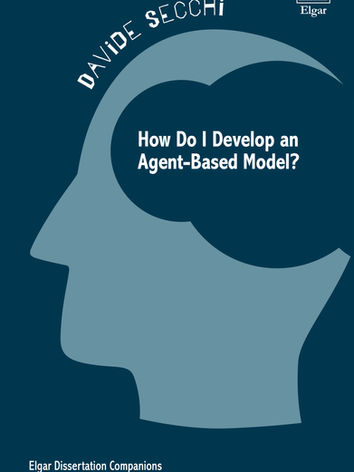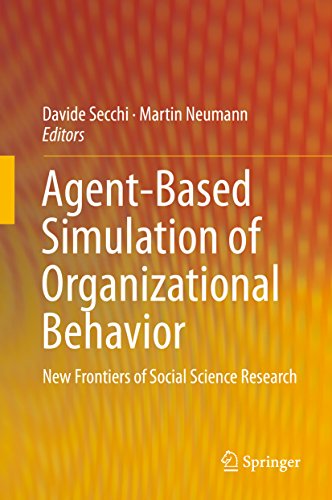Research
Over the years, I have changed, adjusted, and increased my research interests and agenda. However, three general themes seem to stick to the work I enjoy doing:
-
an interest on cognition in organization that started from a critical reading of Herbert Simon's work;
-
the preference for formal expression of the relations between variables in both theory and empirical research, leading to equation-based modeling first and to agent-based computational simulation then;
-
a long time interest in corporate social responsibility, as a way businesses have to contribute to the preservation of life on this planet.
In this page you find a list of some of my publications, divided by type and by topic (whenever possible). I hope you will find something of your interest.

Books
Articles (selection)
This is just a selection of some of my articles, a full list of publications can be found in my CV, available here.
Book chapters
This is a selection of some of the most recent book chapters, a full list of my publications is in my CV, available here.
Multiple systems in the meso domain: A study in organizational cognition
Secchi, D., Gahrn-Andersen, R., Festilia, M. S., & Neumann, M.
2024
In G. Minati & M. P. Penna (Eds.),
Multiple Systems: Complexity and Coherence in Ecosystems,
Collective Behavior, and Social Systems chapter 17, (pp. 209–
218). Springer Nature
Computational revival. Why and how computation is still relevant to the study of cognition
Secchi, D.
2022
In D. Secchi, R. Gahrn-Andersen, & S. J. Cowley (Eds.), Organizational Cognition: The Theory of Social Organizing, volume 28 of Routledge Studies in Organizational Change & Development chapter 4,
(pp. 53–68). New York and Abingdon: Routledge






























